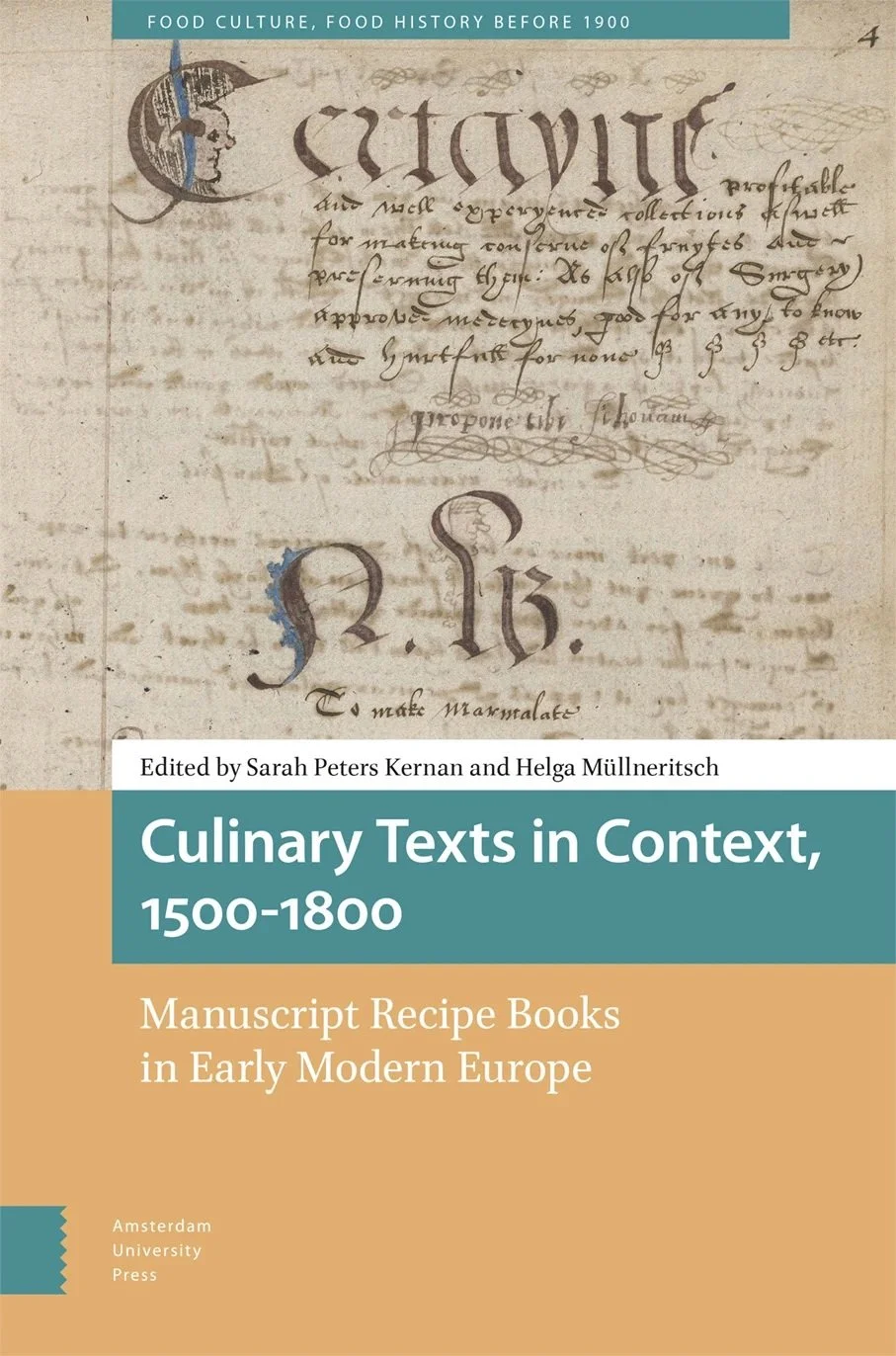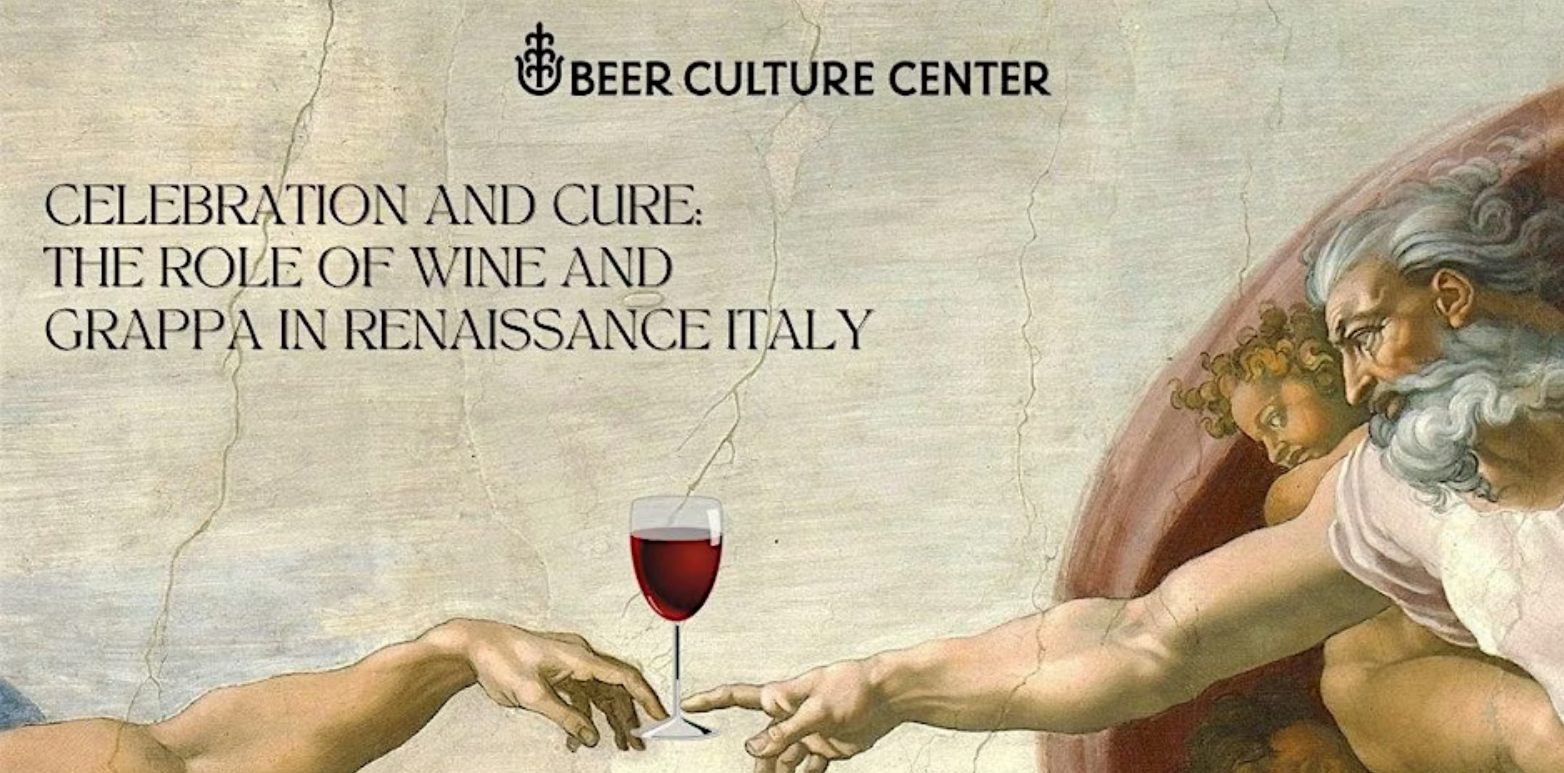
Manuscript Recipe Books in Early Modern Europe
A Presentation for the Aldus Society of Central Ohio.
Recipe books produced during the early modern period (ca. 1500–1800) have recently garnered increased attention. These manuscripts containing culinary, medical, cosmetic, and household recipes include valuable clues about their owners and the contexts in which they collected, composed, and transmitted this information. Dr. Sarah Kernan will discuss her 2024 collected volume on culinary recipe books co-edited with Helga Müllneritsch, titled Culinary Texts in Context, 1500–1800: Manuscript Recipe Books in Early Modern Europe. She provides a fresh perspective on early modern recipe books by placing them within a wider European context, including regions like Catalonia, Finland, French and German-speaking regions, Ireland, Portugal, Spain, Sweden, and England. By considering a large number of recipe books produced throughout Europe, the materiality of these books, and the inclusion of specific ingredients and preparations in their recipes, Dr. Kernan identifies several patterns of manuscript creation, recipe collection, and international recipe transmission.






